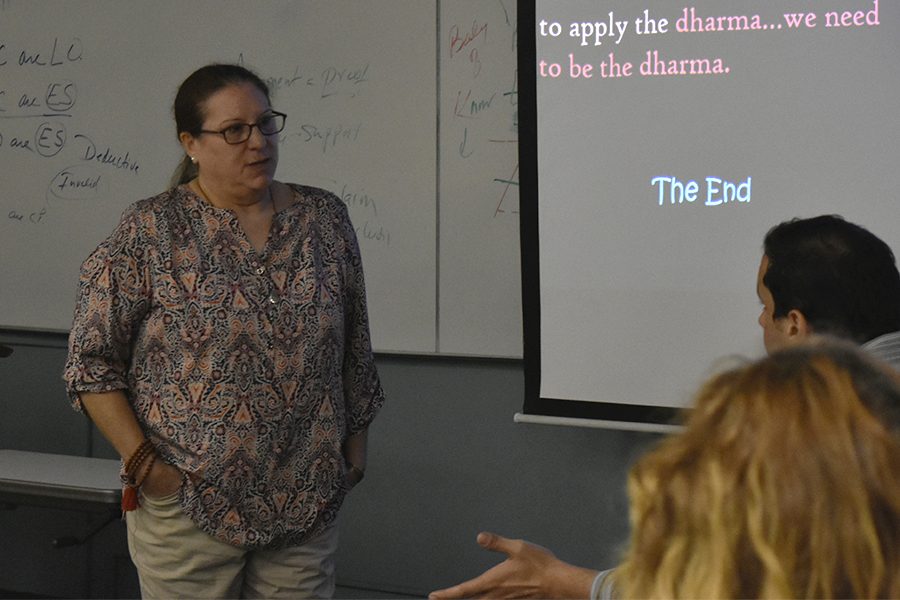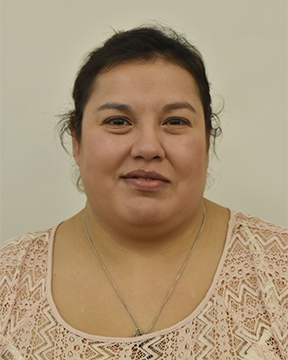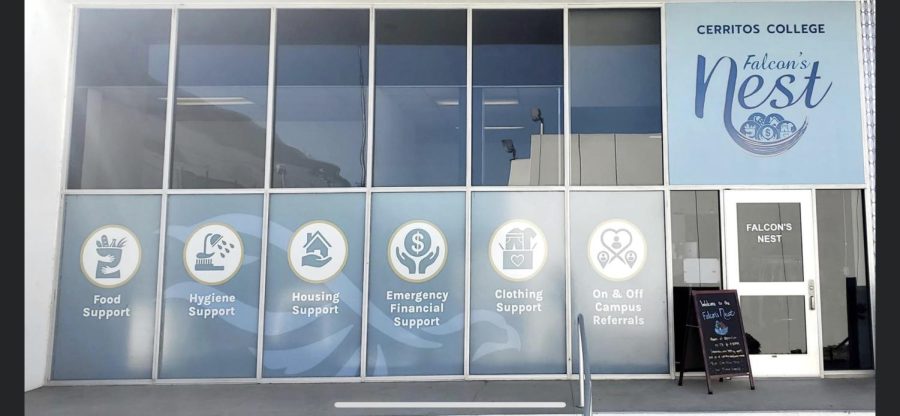What does Buddhism have to say about the environment and climate change?
According to Philosophy Professor Kim Berling the answer is nothing, at least not directly in the original Buddhist doctrine.
However, she explained to a crowd of 17 people who attended her presentation on Tuesday, Sept. 6, that the doctrine does have the concept of karma which is the concept of our actions being harmful or beneficial.
She said, “Do good and be good, if you live just by one rule of karma that would be it, do good and be good [……] human morality and connections with the environment are very intimate.”
Berling’s main point was, “We can either negatively affect our environment or positively affect it. Our internal and external environment in early Buddhism are intimately connected.
“If I have ugliness inside of me guess what’s going to come out of me, ugliness. If I feel ugly and angry inside I’m going to then want to express that into my environment, I won’t have any problems throwing trash outside because I want the outside to match the inside.”
She continued, “Ecological Buddhism is a field that developed because the public wanted to know what Buddhism would say about the environment.”
Now there are books, websites, conferences, and centers devoted to Ecological Buddhism however, for Berling, a Buddhist scholar, had two criticisms for Ecological Buddhism.
She said, “The Buddhist said nothing about climate change so we really had to invent a field of environmental ethics for Buddhism, it’s really its own creation I’d say in the last 20 to 30 years. It’s a field that didn’t exist before.
“My little bit of a criticism of it is that there are some involved in it now that are making quite a bit of money from writing books and opening environmental centers, that goes against the spirit of Buddhism a little bit, and that a lot of what they are presenting aren’t authentic Buddhist ideas.”
Philosophy Club President Mohammed Hassan thought the presentation was interesting, he said, “It offered a really good perspective that you usually don’t get in America. I really enjoyed it, I really like when Dr. Berling comes to talk it made me more interested in finding out about Buddhism.”
Other attendees were also drawn to the perspective of changing your inner self in order to change the environment.
Philosophy Professor Timothy Chatman also thought the presentation was great “because it highlighted I have to work on myself if I want to change…. It starts at home I affect my brothers, my sisters, my mom and everybody so if I want the world to change I also have to be willing to look at myself.”
Berling said, “You must work on your inner self for that to then affect your external interactions with everything, if you’re a mess inside everything you do then in your life usually ends up a mess but if you work on your self […] then your outer life tends to respond to that, my advice is work on your internal life and let that spill out into the world in a positive way in a beautiful way.”









